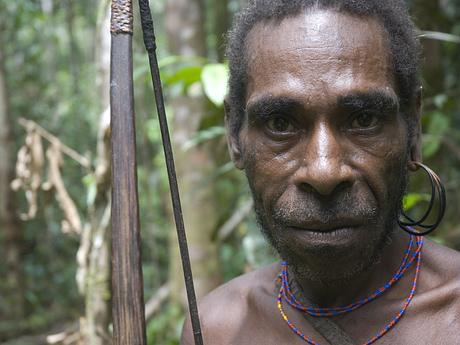Papua cholera deaths spark fears of major epidemic
September 17, 2008
This page was last updated in 2008 and may contain language which is now outdated.
Two hundred and ninety one Papuan tribal people have died from cholera since April this year in West Papua, Indonesia, according to local church officials, sparking fears of a major epidemic.
In 1961, a global cholera pandemic began in Indonesia. It spread rapidly to other countries in Asia, Europe, Africa and finally, in 1991, to Latin America. There were nearly 400,000 cases and over 4,000 deaths from cholera in the Americas that year.
Churches and human rights organisations in West Papua are calling for urgent help – they have written to the Indonesian government and to the World Heath Organisation (WHO), but have not yet received any response. Survival has also called on the Indonesian government and the WHO to take immediate action.
Cholera is highly infectious, and can quickly become fatal unless the patient is treated and re-hydrated immediately. The Indonesian government’s failure to respond to the emergency in West Papua is likely to result in many more deaths.
The Papuans have suffered years of violence and brutality at the hands of the Indonesian military. As a result, many tribal people in the area affected by the cholera outbreak believe they are falling ill because Indonesian soldiers have poisoned them. They are often suspicious of any medical treatment offered by the authorities.
Survival has been working with churches and local organisations to collect and disseminate crucial medical information and advice on how best to treat the symptoms of cholera and to prevent further contamination.
Survival’s director Stephen Corry said today, ‘Proper medical help is urgently needed to prevent even more Papuans dying of cholera. The Indonesian government’s indifference is shocking, and is exacerbating the effects of decades of brutal military repression.’
For more information please contact Miriam Ross at Survival International (44) (0)20 7687 8734 or (44) (0)7504 543 367 or email [email protected]



